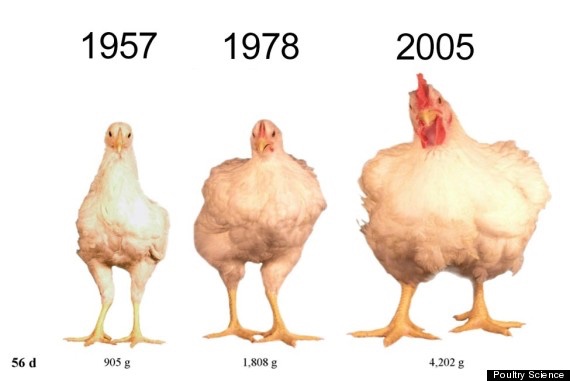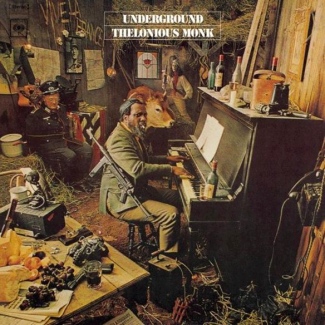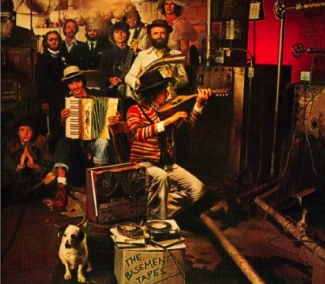This isn't addressed to you. It's addressed to a group of people like you. Or rather, it's addressed to the unconscious style they are encased in, and chase.
On the morning cable financial news channel, the hosts go on endlessly about how there's a change in consumer tastes. The reason that fast-food hamburger chains and soda pop companies are feeling a pain in their share price is that consumers are thinking “natural and organic.” Consumers are also starting to think about the supply chain. Where does this food come from? Under what regime of regulation and inspection was it produced? Did you say the fish I'm eating was imported from China?
It's a generational change, younger people weren't hooked by the “I'd like to buy the world a Coke” advertising blitz. They see fast food and soft drinks for what they are, and they have convenient alternatives. We should acknowledge that healthy alternatives have only recently achieved mass distribution. It's much easier to make this choice today. Or rather, it's easier to maintain the “fast-food mindset” and choose somewhat healthier foods.
The fast food companies are starting to abandon the use of antibiotics in the production of the chicken they serve. They're making other minor changes, as they chase the style that enchants the consumer these days. They're asking themselves how little the industrial food complex can change to take advantage of some of that “natural and organic” glow. What will take to get some of that appearance to rub off?
While there are a myriad of problems with the way the news media, companies and the regulators think about “natural and organic,” it's still a positive change of direction. More hopeful is that this change was initiated by consumers, not by companies. A change in consumer style is wrecking havoc on the business plans of the soft drink and casual/fast dining industries. It's a rare thing, so it's worth taking note.
I don't want to jinx it, but I'd like to make a request to that amorphous cloud of desire out there, that “style we chase.” I'd like you (I'm talking to you, amorphous cloud) to start associating “smaller” with better quality and more concentration. This would include things ranging from apples to onions, boneless skinless chicken breasts to movie theater popcorn sizes, McMansion houses to pizzas.
There's a natural large size that occurs rarely in the course of things. We should be surprised by this kind of largeness. Well, would you look at that. Look how big that thing is. Don't see that too often. Instead, large, extra-large and jumbo are the “normal” sizes. The way we produce this standard large size is by diluting and inflating whatever it is. While it appears to be more, it's actually less. It's vast quantities of weak tea.
So, here's the deal. Occasionally something changes in the way we perceive things. Suddenly we can plainly see that the product we're buying is pumped up with some diluting agent to make it look bigger. What was previously an attractive quality–bigger, no matter how it is achieved, is now a little repulsive.
The ultimate performance of taste is identifying the things you want to spit out. I want to make the case to your unconscious sense of style that “fake bigness” that attempts to appeal to your impulse toward gluttony, should be eschewed. Suddenly you have the sense that certain things are grotesquely big.
That is all.
Comments closed




